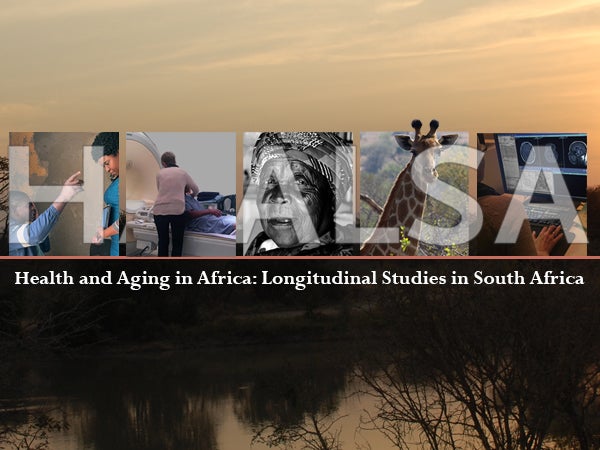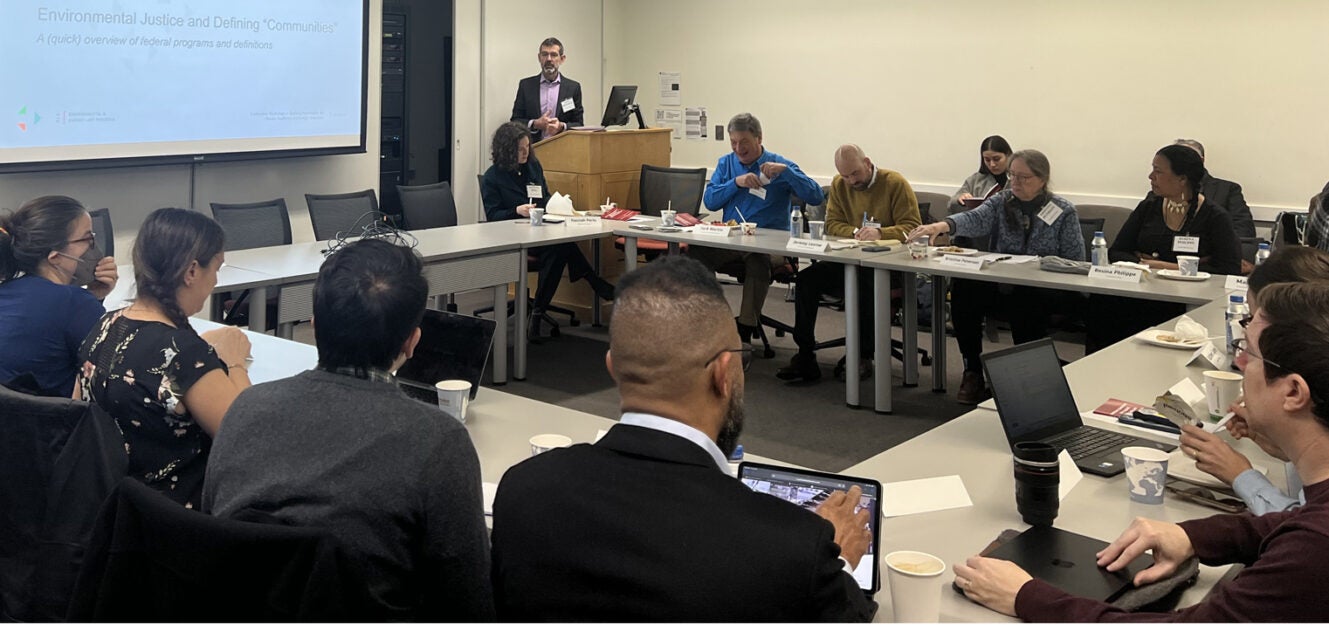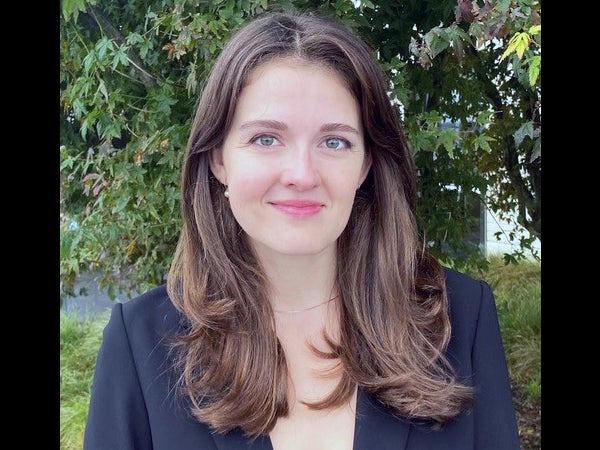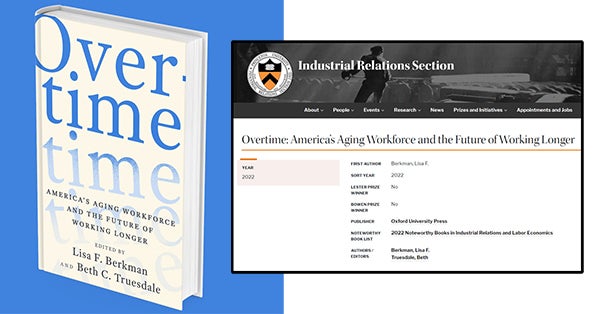Congratulations to Darina Bassil, Pop Center research scientist, who was selected for the inaugural cohort of the Association of Population Center (APC) Fellowship program for 2024–2025. Darina is project director of the HAALSI Dementia Study (HAALSI-HCAP) and is responsible for overseeing study data collection, management and analysis, as well as managing the cognitive components of the HAALSA project. She holds a PhD in public health from Imperial College London, and…
Continue reading “Darina Bassil selected for new APC fellowship”






